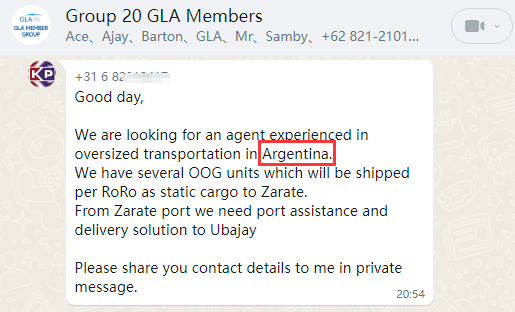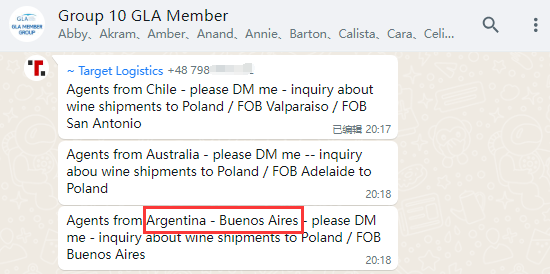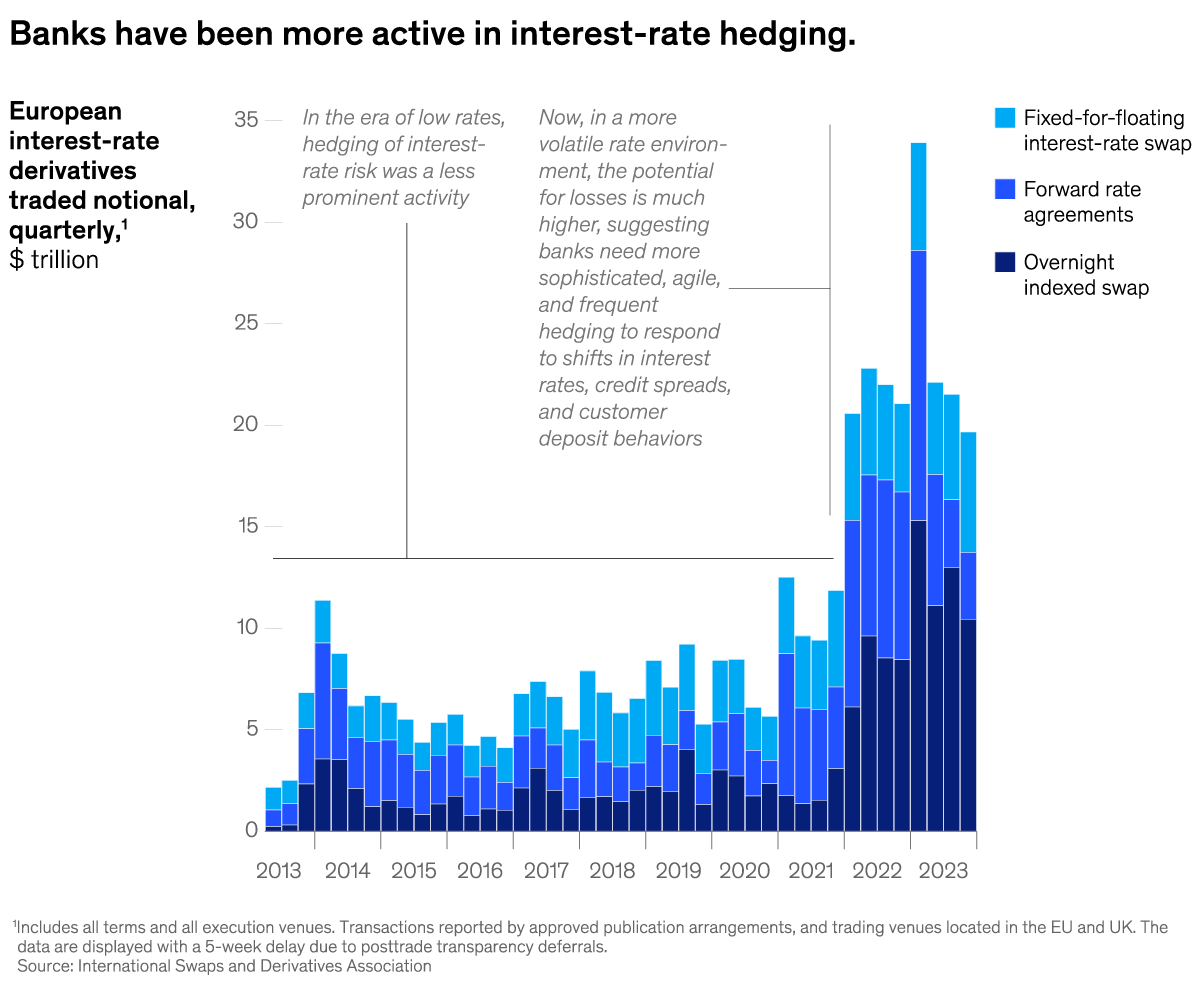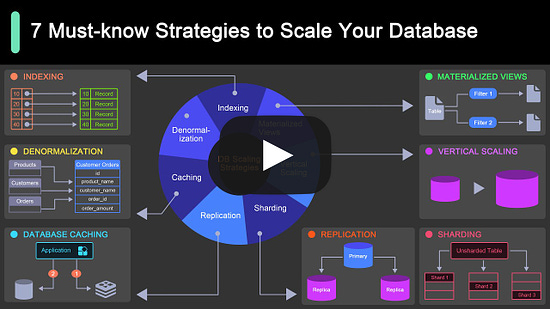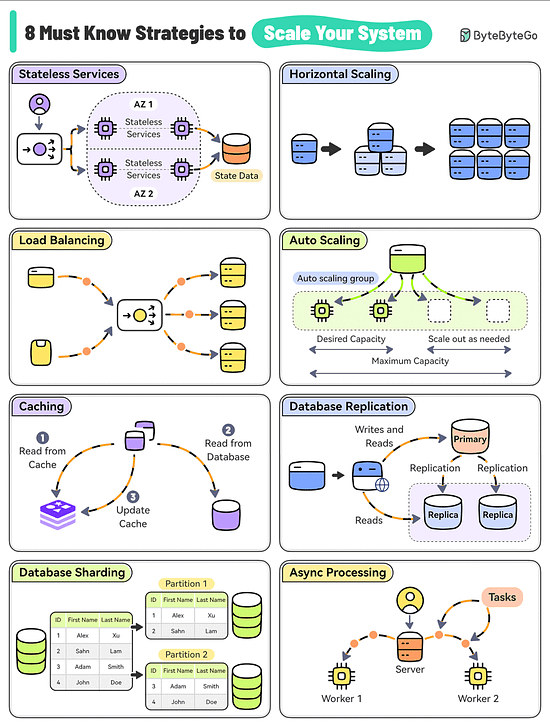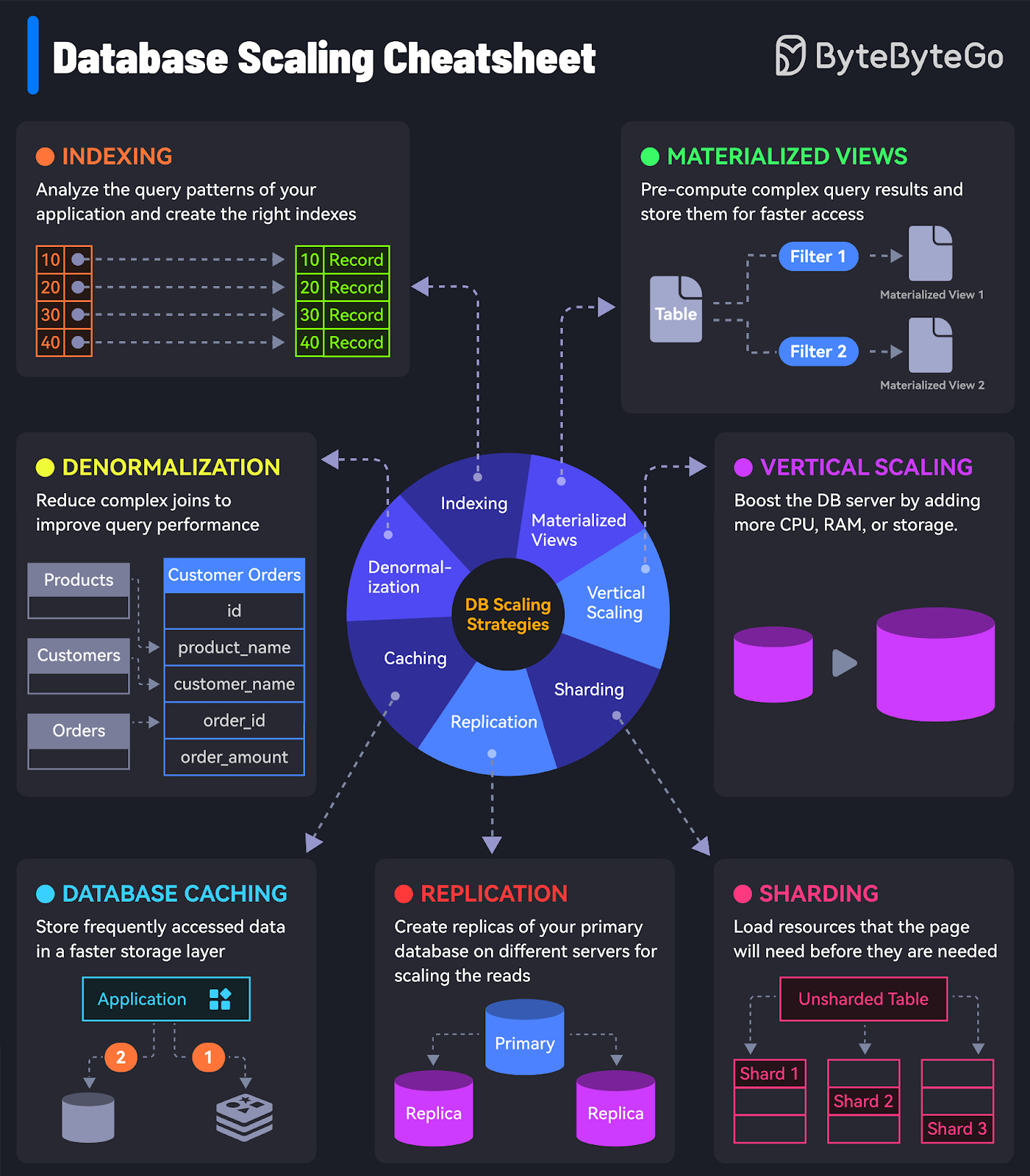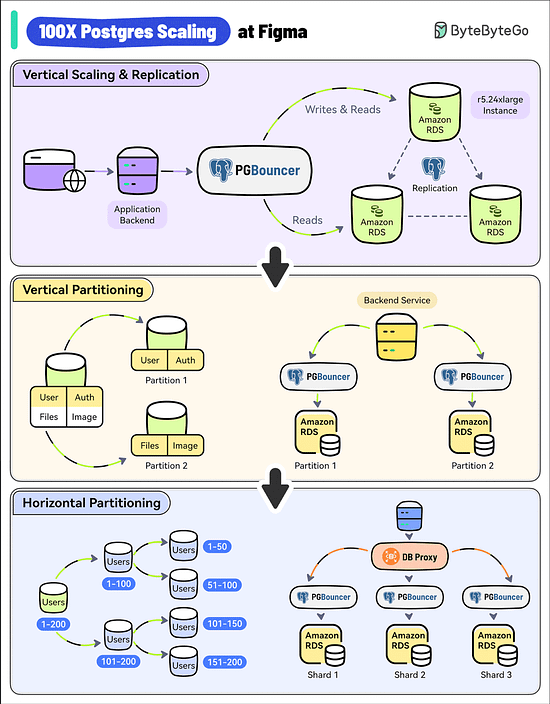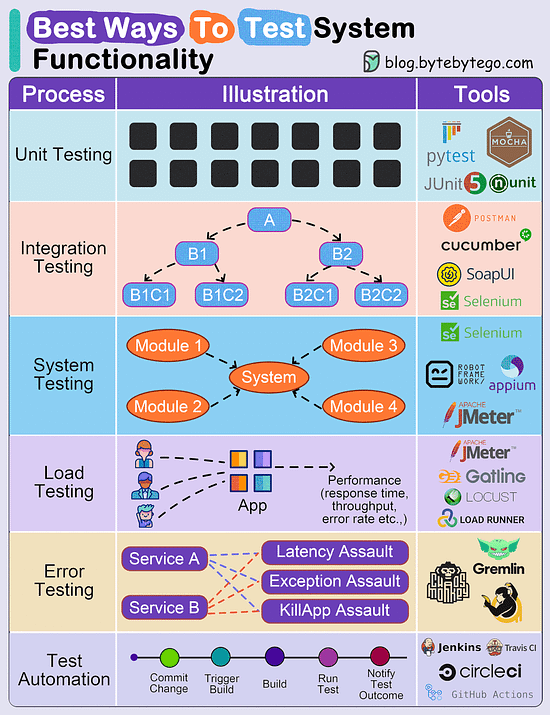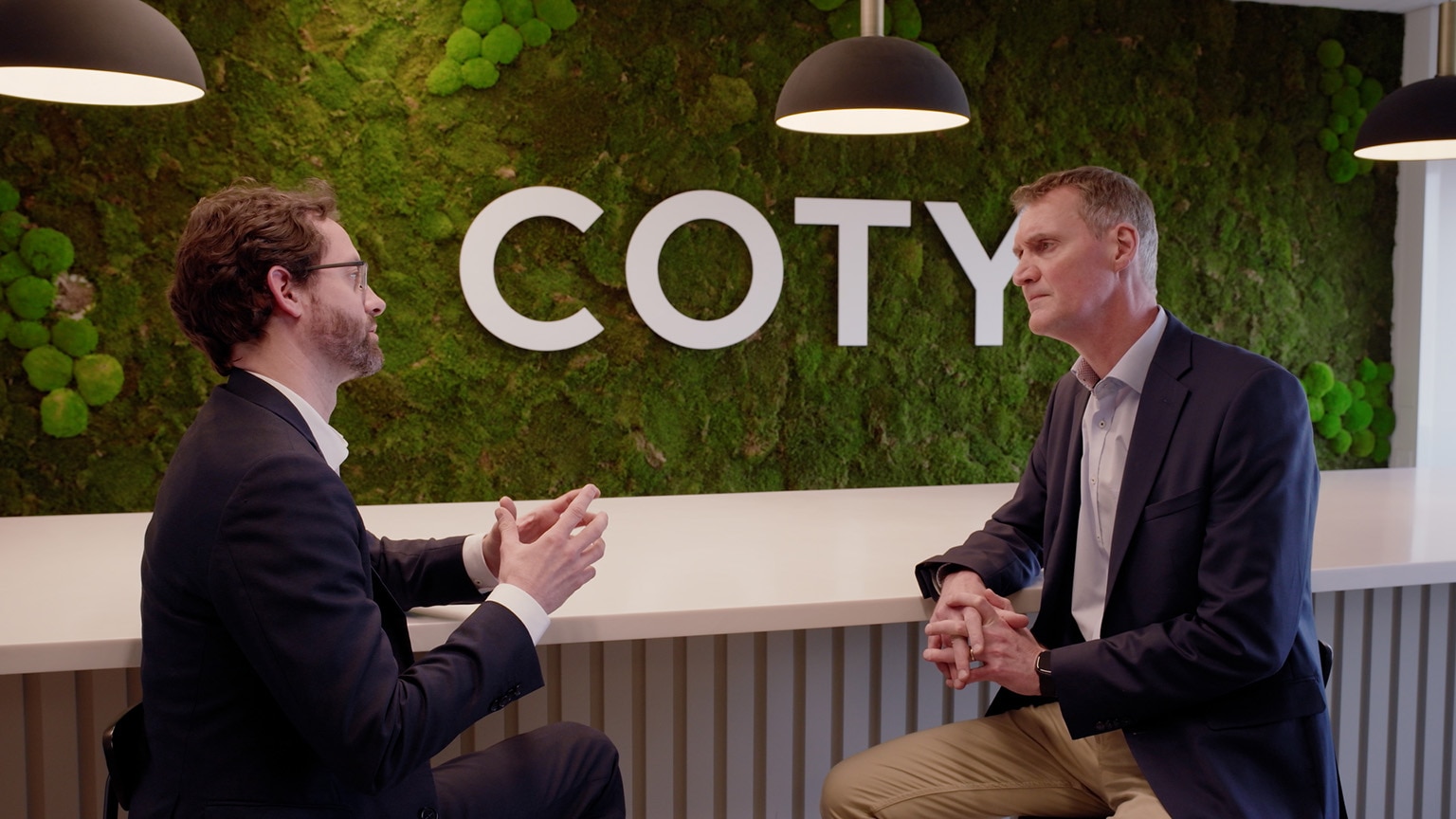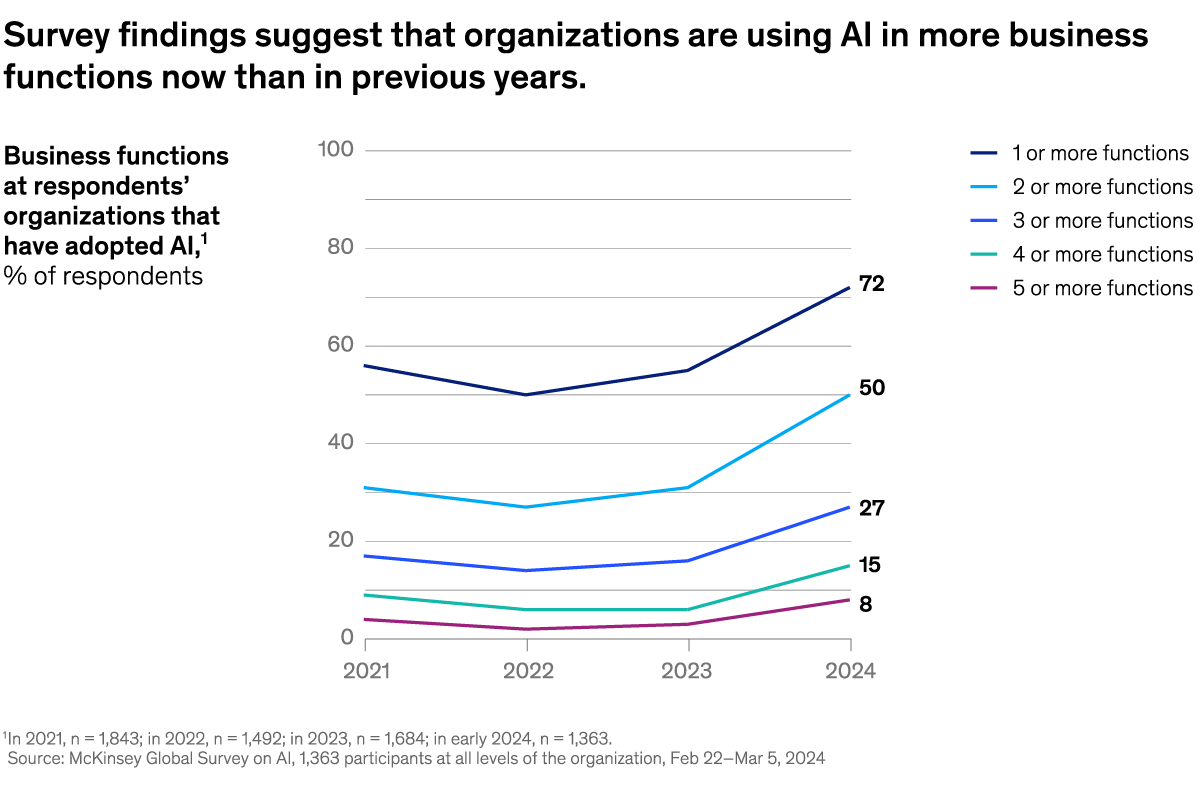Archives
- By thread 5369
-
By date
- June 2021 10
- July 2021 6
- August 2021 20
- September 2021 21
- October 2021 48
- November 2021 40
- December 2021 23
- January 2022 46
- February 2022 80
- March 2022 109
- April 2022 100
- May 2022 97
- June 2022 105
- July 2022 82
- August 2022 95
- September 2022 103
- October 2022 117
- November 2022 115
- December 2022 102
- January 2023 88
- February 2023 90
- March 2023 116
- April 2023 97
- May 2023 159
- June 2023 145
- July 2023 120
- August 2023 90
- September 2023 102
- October 2023 106
- November 2023 100
- December 2023 74
- January 2024 75
- February 2024 75
- March 2024 78
- April 2024 74
- May 2024 108
- June 2024 98
- July 2024 116
- August 2024 134
- September 2024 130
- October 2024 141
- November 2024 171
- December 2024 115
- January 2025 216
- February 2025 140
- March 2025 220
- April 2025 233
- May 2025 239
- June 2025 303
- July 2025 182
-
It's not too late to register - Effective Care Rostering: Using Capacity Planning and Dependency-Driven Resourcing
OneAdvanced
Register Today

Powering the world of work Effective Care Rostering: Using Capacity Planning and Dependency-Driven Resourcing
Find out how effective care rostering could help your organisation today by registering for our webinar.
Register Now 
Dear MD Abul,
Today is our latest webinar, "Effective Care Rostering: Using Capacity Planning and Dependency-Driven Resourcing," designed to enhance your understanding and skills in managing care schedules efficiently. This session will provide valuable insights into optimising your workforce and ensuring high-quality care delivery.
Join us to explore innovative strategies and practical tools that can transform your care rostering process. Our expert speakers will guide you through the principles of capacity planning and dependency-driven resourcing, with a focus on real-world applications.
Kind regards
The OneAdvanced Care Team
Social Care Software | OneAdvanced
P.S Feel free to forward this email to people in your organisation who may benefit from watching this webinar
Register Now 
Connect with us 


© 2024 Advanced Computer Software Group Ltd. The Mailbox, 101 Wharfside Street, Birmingham, B1 1RF United Kingdom. All rights reserved Unsubscribe Contact Us Privacy Click here to view this email in a web browser 
.
by "OneAdvanced Care" <socialcare@oneadvanced.com> - 05:49 - 11 Jul 2024 -
Does your government meet your customer service expectations?
Only McKinsey
3 priorities for civil servants
by "Only McKinsey" <publishing@email.mckinsey.com> - 01:24 - 11 Jul 2024 -
Technology can make work more interesting
Re:think
How companies can support workers to propel productivity FRESH TAKES ON BIG IDEAS
ON PRODUCTIVITY
Work is going to get harder. But it will also be more fun.Aaron De Smet
The US productivity rate jumped in the fourth quarter of 2023, creating a little buzz about whether AI, and specifically generative AI (gen AI), is showing up in the output numbers. Then, the rate slowed sharply in the first quarter of 2024, suggesting that it might be too soon to see dramatic productivity gains from AI and gen AI.
While there isn’t a clear trend yet, it’s likely that a mix of technology—from old-fashioned analysis of high-quality data to machine learning and other large language models—is positive for productivity. Tech can help workers achieve better results in the same or less amount of time, and, yes, gen AI has been powering automation gains for some time.
That’s one part of a more robust productivity scenario. The other is that companies are figuring out the postpandemic hybrid model that works best for them. It’s typically a flexible model whereby people can be in the office working with colleagues in person some of the time and be remote other times. When done correctly, this model typically results in higher productivity than would a mandate that forces employees to always be on-site or never on-site, McKinsey research shows. Some leaders are still uncomfortable with the hybrid model, but they’ve accepted that they’re likely never going back to the prepandemic way of working.
Higher productivity would certainly be welcome news for corporate leaders. But there’s an even bigger picture. Gen AI is more than an output enhancer; it’s going to reshape all kinds of jobs as more repetitive tasks and some knowledge work tasks are done by machines or large language models. Of course, many people will still do jobs that involve physical labor, though they too will likely be assisted by gen AI.
In this new reality, employees across industries and roles—not just tech workers but also healthcare workers, educators, and middle managers—can be freed up to focus on work that involves the human-centric skills of judgment, innovation, creativity, and collaboration. Workers who are creators and heavy users of gen AI, in fact, told us in a recent survey that they need to build higher-level cognitive and social–emotional skills to do their jobs, more than they need to build technological skills.
.“This moment is both exciting and a little scary for everyone. People are on a journey, moving to a place where they may no longer do the easy tasks at work.”
This moment is both exciting and a little scary for everyone. People are on a journey, moving to a place where they may no longer do the easy tasks at work. Humans will be doing the challenging work, the fun work, and the interesting work. But because it’s going to be harder, people need to thrive and not just feel an absence of burnout.
To be clear, hard work doesn’t necessarily take more hours or lead to more stress. Perhaps it can be done in less time, with more flexibility. How to make that happen is a big challenge for organizations, which face head-spinning demands to innovate, adapt to volatility, respond to disruptions, and simply move faster.
Traditionally, companies have cared about employees’ ability to thrive only when the flashing red light of burnout starts to affect safety, absenteeism, or attrition. But now, as work becomes more innovative and collaborative, organizations can be more proactive in attracting and retaining the best people. We’ve found that an organizational culture of thriving inspires people to be more creative in their problem-solving and that it benefits performance writ large.
Thriving organizations focus on ways to maximize healthy work environments, team effectiveness, and well-being. To do so, they move away from traditional practices of measuring productivity by inputs, outputs, and activities and toward supporting outcomes and results. The brute-force tactic of having employees grind it out or muddle through work as a proxy for value is not going to cut it anymore. These companies also shift performance management away from corrective action and toward actions that improve performance, such as coaching top performers as well as those who need more help.
Gen AI is ushering in a huge shift, along the lines of the Industrial Revolution. The challenge for companies is to figure out how to make this technology work for their employees, guiding them toward good outcomes and managing the downside risks.
Organizations can’t ignore change, slow it down, or pretend it’s not happening. If your strategy is to slow down the pace of change in the world, good luck. I want a company that says, “Boy, changes are coming fast and furious. We better learn to be more nimble, adaptable, innovative, and creative.”
.ABOUT THIS AUTHOR
Aaron De Smet is a senior partner in McKinsey’s New Jersey office.
MORE FROM THIS AUTHOR
UP NEXT
Alexis Trittipo on climate adaptation
Mitigating climate change is not enough; adapting to it is also crucial. It requires technological and behavioral changes from businesses and society that must begin today.
This email contains information about McKinsey’s research, insights, services, or events. By opening our emails or clicking on links, you agree to our use of cookies and web tracking technology. For more information on how we use and protect your information, please review our privacy policy.
You received this email because you subscribed to our McKinsey Quarterly alert list.
Copyright © 2024 | McKinsey & Company, 3 World Trade Center, 175 Greenwich Street, New York, NY 10007
by "McKinsey Quarterly" <publishing@email.mckinsey.com> - 02:46 - 10 Jul 2024 -
Re: PRODUCT INQUIRY
Dear Sir/Madam,
I am Ana Sofia from ACCIONA S A GROUPS in Spain. We wish to place a new Order. Can you have someone in the procurement department write us in return mail? Kindly advise your ETD if the order is sent to you early next week. I will have to forward our PO and specification immediately to place a trial order after confirmation.
Awaiting your feedback to proceed.
Best Regards
Ana Sofia,
Purchase Manager,
ACCIONA S A GROUPS.
Herrería 16, MonachilGranada Spain,
E-mail:anasofia0041@gmail.com
by "Ana Sofia" <g.galletti@bioside.it> - 08:58 - 10 Jul 2024 -
How do top companies build superpowered capabilities?
Only McKinsey
6 elements of success •
Six superpowers. Think of any company that you admire, then reflect: Why do you feel this way? It’s very likely because of an institutional capability—a superpower—that makes the company exceptionally successful, McKinsey senior partner Liz Hilton Segel and coauthors reveal. In their experience, companies that successfully build these kinds of distinctive capabilities tap six elements: vision, employees, culture, technology, organizational structure, and routines.
—Edited by Belinda Yu, editor, Atlanta
This email contains information about McKinsey's research, insights, services, or events. By opening our emails or clicking on links, you agree to our use of cookies and web tracking technology. For more information on how we use and protect your information, please review our privacy policy.
You received this newsletter because you subscribed to the Only McKinsey newsletter, formerly called On Point.
Copyright © 2024 | McKinsey & Company, 3 World Trade Center, 175 Greenwich Street, New York, NY 10007
by "Only McKinsey" <publishing@email.mckinsey.com> - 01:38 - 10 Jul 2024 -
Re: PRODUCT ORDER
Dear Sir/Madam,I am Giulia Galletti, the Export manager at Bioside Group Ltd. Italy.We have gone through your products on your website and from our gathering I think we would be able to order your product .
We want to make an urgent order from the products found on your website.
Can you send your company catalogs to us with your best price so we can prepare our order asap.
1. Is there any additional cost for the toll packing and private labeling?
2. Would it be possible to order assorted/customized ?We await your urgent reply.GIULIA GALLETTI
Export Manager
Legal Adress
Via A. Einstein, snc c/o
Parco Tecnologico Padano,
26900 Lodi (LO)
T : +39 0371 438497
M: +39 329 4764091
Production Site
Località Treponti, 10
25020, San Paolo (BS)
P.IVA-C.F.08559840965
by "Giulia Galletti" <g.galletti@bioside.it> - 12:24 - 10 Jul 2024 -
What does it take to achieve a successful transformation?
Only McKinsey
4 areas to prioritize •
Elements of success. Many organizations undertake large-scale transformations only to end up with lackluster long-term results. Three core elements can turn bold ideas into trajectory-changing outcomes, McKinsey senior partner Seth Goldstrom and coauthors share. The elements are quantifying goals, engaging the broader organization to achieve those goals—which may require a genuine level of discomfort with where things currently are—and holding teams accountable.
•
The importance of teamwork. Strong teams help launch successful transformations. Giving these teams opportunities to build new skills—and tools to regularly apply them—boosts the odds of a transformation’s success. A 2023 McKinsey survey found that organizations that provided tools to support workers in using new skills were 3.8 times more likely to outperform their peers. View our latest McKinsey Quarterly Five Fifty to see four areas to focus on in a transformation and the potential benefits of pursuing each.
—Edited by Belinda Yu, editor, Atlanta
This email contains information about McKinsey's research, insights, services, or events. By opening our emails or clicking on links, you agree to our use of cookies and web tracking technology. For more information on how we use and protect your information, please review our privacy policy.
You received this newsletter because you subscribed to the Only McKinsey newsletter, formerly called On Point.
Copyright © 2024 | McKinsey & Company, 3 World Trade Center, 175 Greenwich Street, New York, NY 10007
by "Only McKinsey" <publishing@email.mckinsey.com> - 11:05 - 8 Jul 2024 -
RE: Seeking for Argentine agent
Dear agent,
Greeting from Celia and GLA family.
Does your company provide global Sea & Air freight services recently?
I sincerely invite you to join GLA platform and cover the increasing request from/to Argentina from our GLA members.
Above 75% of GLA Members are first-class agents with wide range of primary resources. GLA fulfills all your needs in terms of finding reliable agents or getting huge volume of inquiries from/to your area. Have you ever tried to experience GLA Global Logistics Network for your business development and resources integration?
I am looking forward to hearing you back.
Best regards,
Celia Lee | GLA Overseas Department
Mobile: +86 181 2623 2027 (WhatsApp | WeChat)
Email: member358@glafamily.com
Website: www.glafamily.com
Conference Website: www.glafamily.com/GLA-Conference
Address: No. 2109, 21st Floor, HongChang, Plaza, No. 2001, Road Shenzhen, China
The 11th GLA Conference - Bangkok Thailand on 22th November 2024 – click here for registration
Ø The 10th GLA Conference in Dubai UAE, online album
Ø The 9th GLA Conference in Hainan China, online album
【Notice Agreement No 7】
7. GLA president reserves the right to cancel or reject membership or application. Company shall cease to be a member of GLA if:
a) the Member does not adhere to GLA terms and conditions
b) the Member gives notice of resignation in writing to the GLA.
c) No good reputation in the market.
d) Have bad debt records in the GLA platform or in the market
by "Celia Lee" <member358@glafamily.com> - 10:20 - 8 Jul 2024 -
Final Call: Unlock the US Market - Webinar Tomorrow
Final Call: Unlock the US Market - Webinar Tomorrow
Last chance to join our webinar on US expansion. Register today!Hi MD,
Are you expanding to the US in the next 12 months? There’s still time to register for our upcoming webinar…
Unlocking the US - Simplifying Stateside Expansion
Date: Wednesday, July 10th
Time: 3 p.m. UTC / 5 p.m. CET / 11 a.m. EST
Duration: 45minThis is your opportunity to learn from the best in the business, including our expert speakers...
- Mark Berkowitz, VP Business Consulting at Sequoia One
- Alex Kehayias, Founder at Mosey
- Jonathan Goldsmith, GM and VP of Payroll at Remote
... who will guide you through a no-nonsense 45-minute session filled with critical insights and strategies for successful US market expansion.
Highlights will include:
- Mastering US payroll
- Navigating compliance challenges
- Selecting the right employment model
- Expert tips and real-world success stories
Don't miss this last chance to register and unlock your potential in the US market.
See you there,
Your Remote Team
The HR platform for global businesses
Remote makes running global teams simple.
Hire, manage, and pay anyone, anywhere.



You received this email because you are subscribed to News & Offers from Remote Europe Holding B.V
Update your email preferences to choose the types of emails you receive.
Unsubscribe from all future emailsRemote Europe Holding B.V
Copyright © 2024 All rights reserved.
Kraijenhoffstraat 137A 1018RG Amsterdam The Netherlands
by "Remote" <hello@remote-comms.com> - 11:30 - 8 Jul 2024 -
Your subscription to The Next Normal
Plus, more ways to stay connected Dear Md Abul,
Thank you for being a subscriber to The Next Normal, our multimedia series exploring the future of today’s most dynamic industries. As we publish an increasing number of industry insights—many including video, audio, and interactivity—we’ve decided to discontinue The Next Normal as a subscription product.
Stay connected
Although The Next Normal will no longer be available as a subscription, we encourage you to explore these other popular newsletter offerings:
Daily Read
Our editors choose your must-reads. Subscribe
Only McKinsey
Mckinsey's insights on the day’s news. Subscribe
The Week in Charts
Data to help explain a changing world. Subscribe
Leading Off
Weekly essentials for leaders and those they lead. Subscribe
Mind the Gap
Weekly curated reads for Gen Z—and the Z-curious. Subscribe
McKinsey Classics
One timeless pick a month—as relevant as ever. Subscribe
The CEO Shortlist
Four of our best new ideas in your inbox, twice monthly. Subscribe
Monthly Highlights
An easy-to-scan roundup of our most distinctive insights. Subscribe
McKinsey Top Ten
The content your clients and competitors read this quarter. Subscribe
You might also want to:
•
Review our range of 30+ email alerts on topics of interest at McKinsey.com/subscriptions.
•
Download the McKinsey Insights app for customized article feed and on-the-go reading.
This email contains information about McKinsey’s research, insights, services, or events. By opening our emails or clicking on links, you agree to our use of cookies and web tracking technology. For more information on how we use and protect your information, please review our privacy policy.
You received this email because you subscribed to The Next Normal newsletter list, which is now discontinued. We will not send you any future emails from this list.
Copyright © 2024 | McKinsey & Company, 3 World Trade Center, 175 Greenwich Street, New York, NY 10007
by "McKinsey & Company" <publishing@email.mckinsey.com> - 07:20 - 8 Jul 2024 -
Winning the consumer of the future: A leader’s guide
Leading Off
The customer’s always right Brought to you by Alex Panas, global leader of industries and senior partner & Axel Karlsson, global leader of functional practices and senior partner
When it comes to shoppers in 2024, many long-held truisms about consumer behavior are being upended. Older customers are splurging while also exploring new brands; younger consumers in Asia and the Middle East are more likely to opt for higher-priced brands than their peers in developed economies. In their “State of the Consumer 2024” article, McKinsey’s Christina Adams, Kari Alldredge, and Sajal Kohli say consumer companies must take a detailed, nuanced approach to understanding what shoppers across age groups and geographies really want. How can these businesses make sense of the current moment? One imperative is building their microtargeting capabilities. Companies can use consumer data to fine-tune their outreach to specific segments—yes, generative AI (gen AI) can help—and provide personalized experiences to encourage loyalty. Also on the to-do list: investing in the development of wellness products, engaging more meaningfully with consumers on social and digital channels, and offering premium products in the categories where consumers are likely to splurge.
That’s the share of Gen Z consumers in Europe that plan to splurge during the summer months. In their latest ConsumerWise research on consumer sentiment in Europe, senior partner Jessica Moulton and colleagues found that Gen Zers are the most likely age group to say they will make more expensive purchases this summer—and more likely than others to plan to splurge on apparel. And somewhat to the contrary, Gen Zers are also more likely than other groups (millennials, Gen Xers, and baby boomers) to report trading down to lower-priced brands or retailers in recent months.
That’s McKinsey senior partner Becca Coggins on the importance of meeting customers wherever they, and their needs, are. Along with partner Steven Begley, Coggins unpacks the massive changes under way in the retail industry and points to what retail companies can do to succeed. One suggestion: seek a greater “share of life”—that is, creating new reasons and opportunities for a consumer to incorporate a company into their day-to-day lives. Increasingly, two concepts that are working well are subscription and membership models, but Coggins says some retailers are already going further. “Those companies are saying, ‘This is not about a category. It’s about the relationship we have with the consumer—and we can extend that relationship into automotive services, into travel. We can extend it into categories that are beyond the four walls of our store.’”
“Optichanneling.” “Webrooming.” “Humbitious.” These are just some of the newfangled words that the authors of Redefining Retail: 10 Guiding Principles for a Post-Digital World use to explain retail’s current, disruption-filled moment. Philip Kotler, professor emeritus of marketing at Northwestern University’s Kellogg School of Management, and Giuseppe Stigliano, global CEO of Spring Studios, say the industry is in the midst of an “exponential transformation, rather than an evolution.” In their research for the book, Kotler and Stigliano found that retailers and experts agree on the problems at hand, but the plans to solve them vary greatly—in no small part because different industries, geographies, and consumer segments have different needs and preferences. While the authors say there are no one-size-fits-all solutions for retail, they assert that understanding the customer is an essential starting point. Other words of wisdom for retailers: get a firm grasp on the financial implications of the investments made to reach your customers and optimize the mix of channels where consumers can reach you, in the ways that suit best, rather than an omnichannel approach that may induce decision paralysis.
When people think of aging gracefully, foot health may not be the first thing that comes to mind. Yet a recent study of adults 65 and older found that stronger feet support better overall strength and mobility and can even reduce the risk of falls. Luckily, there’s a product for that: the toe spacer, a humble item that’s having a moment with consumers of all ages and levels of athleticism, including the pros. With healthy aging and longevity on this year’s list of wellness trends to watch, it’s never too late for a new flex.
Lead by putting customers first.
— Edited by Daniella Seiler, executive editor, Washington, DC
Share these insights
Did you enjoy this newsletter? Forward it to colleagues and friends so they can subscribe too. Was this issue forwarded to you? Sign up for it and sample our 40+ other free email subscriptions here.
This email contains information about McKinsey’s research, insights, services, or events. By opening our emails or clicking on links, you agree to our use of cookies and web tracking technology. For more information on how we use and protect your information, please review our privacy policy.
You received this email because you subscribed to the Leading Off newsletter.
Copyright © 2024 | McKinsey & Company, 3 World Trade Center, 175 Greenwich Street, New York, NY 10007
by "McKinsey Leading Off" <publishing@email.mckinsey.com> - 04:45 - 8 Jul 2024 -
RE: Do you need any recruiting support ?
I am reaching out to check back whether you have got my previous email or not? If you are interested in recruitment process outsourcing.
Please reach out for detailed information or to schedule a call.
Thank you.
Christy
From: Christy
Sent: Monday, july 08, 2023 3:35 AM
Subject: Do you need any recruiting support ?Good morning,
I represent a comprehensive Recruitment Process Outsourcing (RPO) firm, specializing in providing top-tier Dedicated Recruiters to fulfill your company's hiring requirements. Our expert’s source high-quality candidates for your positions, ensuring qualified submissions.
We're eager to discuss this further. Please share your direct number for a prompt call.
Thank you.
Christy
Note: Kindly reply with your name and contact details for better communication.
by cwalton@1-stopsolutions.com - 03:46 - 8 Jul 2024 -
What can manufacturers do to attract and retain Gen Z workers?
Only McKinsey
Security, respect, and making a difference Brought to you by Alex Panas, global leader of industries and senior partner & Axel Karlsson, global leader of functional practices and senior partner
•
Meaning, not money. Gen Z workers say they are open to manufacturing jobs, but many who try the work end up leaving. To attract and retain them, manufacturers need to rethink their approach to talent development, say McKinsey senior partner Fernando Perez and coauthors. Unlike older workers, who typically see pay as the most important factor for taking a job, Gen Z workers prioritize meaningful work, job flexibility, and relationships with coworkers.
—Edited by Jana Zabkova, senior editor, New York
This email contains information about McKinsey's research, insights, services, or events. By opening our emails or clicking on links, you agree to our use of cookies and web tracking technology. For more information on how we use and protect your information, please review our privacy policy.
You received this newsletter because you subscribed to the Only McKinsey newsletter, formerly called On Point.
Copyright © 2024 | McKinsey & Company, 3 World Trade Center, 175 Greenwich Street, New York, NY 10007
by "Only McKinsey" <publishing@email.mckinsey.com> - 01:42 - 8 Jul 2024 -
Help wanted? Help needed: Labor market challenges
4 scenarios for growth by 2030 Brought to you by Alex Panas, global leader of industries and senior partner & Axel Karlsson, global leader of functional practices and senior partner
New from McKinsey & Company
As advanced economies around the world emerged from the 2008 financial crisis, they began an arduous journey toward protracted recovery. Today, labor markets in these advanced economies are still among the tightest in two decades, with the number of job vacancies per unemployed person having increased by more than four times on average by 2023.
How does labor tightness affect economic productivity and output? In this data-driven report by the McKinsey Global Institute, senior partner Olivia White and coauthors say that “GDP in 2023 could have been 0.5 percent to 1.5 percent higher across these economies if employers had been able to fill their excess job vacancies.” What’s more, since 2010, countries that have increased GDP fastest have done so primarily by adding more jobs rather than by tackling the harder job of improving productivity. Now, to maintain their current level of growth, advanced economies will need to find ways to both expand the workforce and boost productivity.
To be better prepared for the future, explore these insights to learn more about labor market tightness and the productivity imperative.MORE FROM MCKINSEY
To see more essential reading on topics that matter, visit McKinsey Themes.
— Edited by Esther Chung, editor, Atlanta
This email contains information about McKinsey's research, insights, services, or events. By opening our emails or clicking on links, you agree to our use of cookies and web tracking technology. For more information on how we use and protect your information, please review our privacy policy.
You received this email because you subscribed to our McKinsey Global Institute alert list.
Copyright © 2024 | McKinsey & Company, 3 World Trade Center, 175 Greenwich Street, New York, NY 10007
by "McKinsey & Company" <publishing@email.mckinsey.com> - 03:50 - 7 Jul 2024 -
Finish signing in to ByteByteGo Newsletter
Email from Substack
 Here’s a link to sign in to ByteByteGo Newsletter. This link can only be used once and expires in one hour. If expired, please try signing in again here.
Here’s a link to sign in to ByteByteGo Newsletter. This link can only be used once and expires in one hour. If expired, please try signing in again here.Sign in now © 2024 ByteByteGo
548 Market Street PMB 72296, San Francisco, CA 94104559
by "ByteByteGo" <bytebytego@substack.com> - 03:46 - 7 Jul 2024 -
The week in charts
The Week in Charts
Interest rate derivatives, increasing productivity with AI, and more Share these insights
Did you enjoy this newsletter? Forward it to colleagues and friends so they can subscribe too. Was this issue forwarded to you? Sign up for it and sample our 40+ other free email subscriptions here.
This email contains information about McKinsey's research, insights, services, or events. By opening our emails or clicking on links, you agree to our use of cookies and web tracking technology. For more information on how we use and protect your information, please review our privacy policy.
You received this email because you subscribed to The Week in Charts newsletter.
Copyright © 2024 | McKinsey & Company, 3 World Trade Center, 175 Greenwich Street, New York, NY 10007
by "McKinsey Week in Charts" <publishing@email.mckinsey.com> - 03:14 - 6 Jul 2024 -
EP119: What do Amazon, Netflix, and Uber have in common?
EP119: What do Amazon, Netflix, and Uber have in common?
This week’s system design refresher: 7 Must-know Strategies to Scale Your Database (Youtube video) What do Amazon, Netflix, and Uber have in common? 100X Postgres Scaling at Figma Best ways to test system functionality SPONSOR US Monitor AI Applications Built with NVIDIA NIM (Sponsored)͏ ͏ ͏ ͏ ͏ ͏ ͏ ͏ ͏ ͏ ͏ ͏ ͏ ͏ ͏ ͏ ͏ ͏ ͏ ͏ ͏ ͏ ͏ ͏ ͏ ͏ ͏ ͏ ͏ ͏ ͏ ͏ ͏ ͏ ͏ ͏ ͏ ͏ ͏ ͏ ͏ ͏ ͏ ͏ ͏ ͏ ͏ ͏ ͏ ͏ ͏ ͏ ͏ ͏ ͏ ͏ ͏ ͏ ͏ ͏ ͏ ͏ ͏ ͏ ͏ ͏ ͏ ͏ ͏ ͏ ͏ ͏ ͏ ͏ ͏ ͏ ͏ ͏ ͏ ͏ ͏ ͏ ͏ ͏ ͏ ͏ ͏ ͏ ͏ ͏ ͏ ͏ ͏ ͏ ͏ ͏ ͏ ͏ ͏ ͏ ͏ ͏ ͏ ͏ ͏ ͏ ͏ ͏ ͏ ͏ ͏ ͏ ͏ ͏ ͏ ͏ ͏ ͏ ͏ ͏ ͏ ͏ ͏ ͏ ͏ ͏ ͏ ͏ ͏ ͏ ͏ ͏ ͏ ͏ ͏ ͏ ͏ ͏ ͏ ͏ ͏ ͏ ͏ ͏ ͏ ͏ ͏ ͏ ͏ ͏ ͏ ͏ ͏ ͏ ͏ ͏ ͏ ͏ ͏ ͏ ͏ ͏ ͏ ͏ ͏ ͏ ͏ ͏ ͏ ͏ ͏ ͏ ͏ ͏ ͏ ͏ ͏ ͏ ͏ ͏ ͏ ͏ ͏ ͏ ͏ ͏ ͏ ͏ ͏ ͏ ͏ ͏ ͏ ͏ ͏ ͏ ͏ ͏ ͏ ͏ Forwarded this email? Subscribe here for moreThis week’s system design refresher:
7 Must-know Strategies to Scale Your Database (Youtube video)
What do Amazon, Netflix, and Uber have in common?
100X Postgres Scaling at Figma
Best ways to test system functionality
SPONSOR US
Monitor AI Applications Built with NVIDIA NIM (Sponsored)
New Relic and NVIDIA released the first observability integration making it easy for companies to monitor the health and performance of their AI applications built with NVIDIA NIM.
Key features and use cases for AI monitoring include:
Full AI stack integration
Deep trace insights for every response
Model inventory
Deep GPU insights
Enhanced data security
7 Must-know Strategies to Scale Your Database
What do Amazon, Netflix, and Uber have in common?
They are extremely good at scaling their system whenever needed.
Here are 8 must-know strategies to scale your system.
Stateless Services
Design stateless services because they don’t rely on server-specific data and are easier to scale.Horizontal Scaling
Add more servers so that the workload can be shared.Load Balancing
Use a load balancer to distribute incoming requests evenly across multiple servers.Auto Scaling
Implement auto-scaling policies to adjust resources based on real-time traffic.Caching
Use caching to reduce the load on the database and handle repetitive requests at scale.Database Replication
Replicate data across multiple nodes to scale the read operations while improving redundancy.Database Sharding
Distribute data across multiple instances to scale the writes as well as reads.Async Processing
Move time-consuming and resource-intensive tasks to background workers using async processing to scale out new requests.
Over to you: Which other strategies have you used?
Latest articles
If you’re not a paid subscriber, here’s what you missed.
To receive all the full articles and support ByteByteGo, consider subscribing:
100X Postgres Scaling at Figma
With 3 million monthly users, Figma’s user base has increased by 200% since 2018.
As a result, its Postgres database witnessed a whopping 100X growth.
Vertical Scaling and Replication
Figma used a single, large Amazon RDS database.
As a first step, they upgraded to the largest instance available (from r5.12xlarge to r5.24xlarge).
They also created multiple read replicas to scale read traffic and added PgBouncer as a connection pooler to limit the impact of a growing number of connections.Vertical Partitioning
The next step was vertical partitioning.
They migrated high-traffic tables like “Figma Files” and “Organizations” into their separate databases.
Multiple PgBouncer instances were used to manage the connections for these separate databases.Horizontal Partitioning
Over time, some tables crossed several terabytes of data and billions of rows.
Postgres Vacuum became an issue and max IOPS exceeded the limits of Amazon RDS at the time.
To solve this, Figma implemented horizontal partitioning by splitting large tables across multiple physical databases.
A new DBProxy service was built to handle routing and query execution.
Over to you - Would you have done something differently?
Best ways to test system functionality
Testing system functionality is a crucial step in software development and engineering processes.
It ensures that a system or software application performs as expected, meets user requirements, and operates reliably.Here we delve into the best ways:
Unit Testing: Ensures individual code components work correctly in isolation.
Integration Testing: Verifies that different system parts function seamlessly together.
System Testing: Assesses the entire system's compliance with user requirements and performance.
Load Testing: Tests a system's ability to handle high workloads and identifies performance issues.
Error Testing: Evaluates how the software handles invalid inputs and error conditions.
Test Automation: Automates test case execution for efficiency, repeatability, and error reduction.
Over to you:
How do you approach testing system functionality in your software development or engineering projects?
What's your company's release process look like?
SPONSOR US
Get your product in front of more than 500,000 tech professionals.
Our newsletter puts your products and services directly in front of an audience that matters - hundreds of thousands of engineering leaders and senior engineers - who have influence over significant tech decisions and big purchases.
Space Fills Up Fast - Reserve Today
Ad spots typically sell out about 4 weeks in advance. To ensure your ad reaches this influential audience, reserve your space now by emailing hi@bytebytego.com
Like
Comment
Restack
© 2024 ByteByteGo
548 Market Street PMB 72296, San Francisco, CA 94104
Unsubscribe
by "ByteByteGo" <bytebytego@substack.com> - 11:35 - 6 Jul 2024 -
The revolutionary potential of gen AI
Plus, 9 trends defining the global consumer market Generative AI (gen AI) has the potential to profoundly alter our professional and personal lives, says Silicon Valley pioneer Reid Hoffman, who chatted with McKinsey’s Lareina Yee for a new episode of the At the Edge podcast. In this month’s featured story, Hoffman explains why he envisions the technology as not only a tool for individual tasks but also one that enhances collective team effectiveness, optimizes workflows, and facilitates decision making within organizations. Other highlights in this month’s issue include the following topics:
•
the nine trends defining the global consumer market
•
why leaders should strive to lead from the “inside out”
•
the state of labor markets in advanced economies
•
how leading companies build distinctive capabilities

State of the Consumer 2024: What’s now and what’s next
Amid massive shifts in the consumer landscape, companies can’t afford to rely on yesterday’s consumer insights. Here are nine trends that merit close attention.
Delve into the 9 trends
The ‘inside out’ leadership journey: How personal growth creates the path to success
In a new book, four McKinsey senior partners show why leaders must connect with themselves first before they can inspire and empower their organizations.
Embrace the human side of leadership
Help wanted: Charting the challenge of tight labor markets in advanced economies
For almost two decades, labor markets across advanced economies have tightened—and the trend is set to continue. This article provides a data-driven look via charts to understand the implications.
Grow the supply-side pie
Building a superpower: What can we learn from the Magnificent Seven?
A distinctive capability can lift a company’s performance. But it’s not easy to build one. Here’s a guide to how today’s stock market favorites have created enduring competitive advantages.
Build enduring capabilities
What it takes to create a winning transformation
Successful organizations move a transformation from ambition to action. Here’s what it takes.
Get your briefing
Keep calm and allocate capital: Six process improvements
The most effective resource allocation processes are radically simple.
Turn strategy into action
McKinsey Explainers
Find direct answers to complex questions, backed by McKinsey’s expert insights.
Learn more
McKinsey Themes
Browse our essential reading on the topics that matter.
Get up to speed
McKinsey on Books
Explore this month’s best-selling business books prepared exclusively for McKinsey Publishing by Circana.
See the lists
McKinsey Chart of the Day
See our daily chart that helps explain a changing world—as we strive for sustainable, inclusive growth.
Dive in
McKinsey Classics
To learn how to shift your mindset in service of stronger, more purposeful leadership, read Johanne Lavoie’s 2014 classic, “Lead at your best.”
Rewind
The CEO Shortlist
—Edited by Eleni Kostopoulos, managing editor, New York
Share these insights
Did you enjoy this newsletter? Forward it to colleagues and friends so they can subscribe too. Was this issue forwarded to you? Sign up for it and sample our 40+ other free email subscriptions here.
This email contains information about McKinsey's research, insights, services, or events. By opening our emails or clicking on links, you agree to our use of cookies and web tracking technology. For more information on how we use and protect your information, please review our privacy policy.
You received this email because you are a registered member of our Monthly Highlights newsletter.
Copyright © 2024 | McKinsey & Company, 3 World Trade Center, 175 Greenwich Street, New York, NY 10007
by "McKinsey Highlights" <publishing@email.mckinsey.com> - 11:09 - 6 Jul 2024 -
learn
Dear Exhibitor Learn,
We are offering Business Show Luton 2024 Visitors List?
List Includes: Company Name, Contact Name, Verified E-mail id’s, Tel.no, URL/Website, Title/Designation.
Interested in list — just reply back as “Send Counts and Cost".
Regards,
Tami Telles
Marketing Analyst
If you have any particular targets in mind, please let me know so I can adjust the list.
by "Tami Telles" <tami@ntmailinglist.live> - 05:05 - 5 Jul 2024 -
Inside Coty’s makeover, the secret sauce behind productivity, gen AI in credit risk, and more: The Daily Read Weekender
Slide into the weekend with these reads Brought to you by Alex Panas, global leader of industries and senior partner & Axel Karlsson, global leader of functional practices and senior partner
QUOTE OF THE DAY
chart of the day
Ready to unwind?
—Edited by Joyce Yoo, editor, New York
Share these insights
Did you enjoy this newsletter? Forward it to colleagues and friends so they can subscribe too. Was this issue forwarded to you? Sign up for it and sample our 40+ other free email subscriptions here.
This email contains information about McKinsey's research, insights, services, or events. By opening our emails or clicking on links, you agree to our use of cookies and web tracking technology. For more information on how we use and protect your information, please review our privacy policy.
You received this email because you subscribed to our McKinsey Global Institute alert list.
Copyright © 2024 | McKinsey & Company, 3 World Trade Center, 175 Greenwich Street, New York, NY 10007
by "McKinsey Daily Read" <publishing@email.mckinsey.com> - 12:26 - 5 Jul 2024
.jpg)













